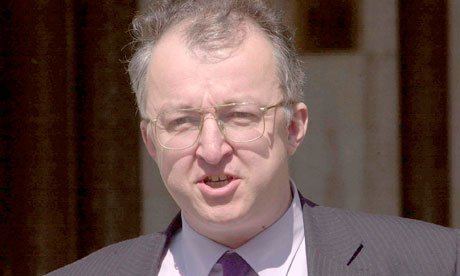As I am off to the US next week to visit Boston and New York I thought I would blog about a topic relating to America. I am going to discuss the pros and cons of the NFL draft versus the FIFA transfer regulations employed in association football (I will refer to the latter as soccer) as I am a huge fan of both sports and follow each rigorously.
Firstly the NFL draft. All football players that have been out of high school for at least 3 years are eligible for the draft, virtually all are selected from college. The draft last 7 rounds with the previous years performance of the 32 teams determining the order. The team with the worst record picks first and the team that won the Super Bowl picks last. The subsequent rounds follow a similar pattern. The order of all rounds can be altered by trades however, negotiated either before or during the draft. Teams trade for picks either higher or lower than their own, depending on a given strategy. Teams can also trade for draft picks in future years. During the season their are no transfers for money as such but instead teams may trade players for players or players for draft picks. No money exchanges hands between teams.
 FIFA transfer regulations used in soccer are massively different. Players generally enter professional soccer at more varied ages than their US counterparts and tend to come from all over the world rather than one country. And of course the major difference is that their are several accomplished leagues all over the world, in every continent on the planet, whereas the NFL is the only American football league that receives recognition. Players can be transferred between any team for any amount of money, the current record stands at £80 million for Real Madrid's Cristiano Ronaldo. Players are generally transferred during specific 'windows' in the year, usually the off season and the turn of the year.
FIFA transfer regulations used in soccer are massively different. Players generally enter professional soccer at more varied ages than their US counterparts and tend to come from all over the world rather than one country. And of course the major difference is that their are several accomplished leagues all over the world, in every continent on the planet, whereas the NFL is the only American football league that receives recognition. Players can be transferred between any team for any amount of money, the current record stands at £80 million for Real Madrid's Cristiano Ronaldo. Players are generally transferred during specific 'windows' in the year, usually the off season and the turn of the year.
The NFL draft helps to maintain an 'equal' standard among teams in the league by awarding the lesser teams the chance to draft better players the following year. It also stops teams with richer owners and more disposable money from being able to attract better quality players by adopting a salary cap, a capped amount of money that teams are allotted each year to sign rookies. On the other hand, owners of soccer teams can offer vast amounts of money to other teams to sell players and attract those players with healthy contracts - that's not to say that American football players don't earn an astonishing amount of money. Even the least talented players still earn vast amounts in contrast to soccer where players from the lowest leagues often hold down second jobs to support themselves financially.
 I prefer the American model for several reasons. It gives losing teams a chance to catch up after a bad year, it always brings in a number of young players each year - the majority of whom will have a college education, and unlike soccer, billionaires, like Sheikh Mansour cannot come in and go after the worlds best players with cash incentives. Unfortunately, soccer will never be able mirror the draft model as the game is played across the world and individuals are signed by clubs at incredibly young ages. However, I think it would provide great excitement if we could get to see which University graduate Alex Ferguson would draft, or who QPR would chose with the number one pick in the Premiership draft 2011. I guess we will never know...
I prefer the American model for several reasons. It gives losing teams a chance to catch up after a bad year, it always brings in a number of young players each year - the majority of whom will have a college education, and unlike soccer, billionaires, like Sheikh Mansour cannot come in and go after the worlds best players with cash incentives. Unfortunately, soccer will never be able mirror the draft model as the game is played across the world and individuals are signed by clubs at incredibly young ages. However, I think it would provide great excitement if we could get to see which University graduate Alex Ferguson would draft, or who QPR would chose with the number one pick in the Premiership draft 2011. I guess we will never know...What do you think?
Please subscribe/follow my blog if you think I'm worth listening to...
























